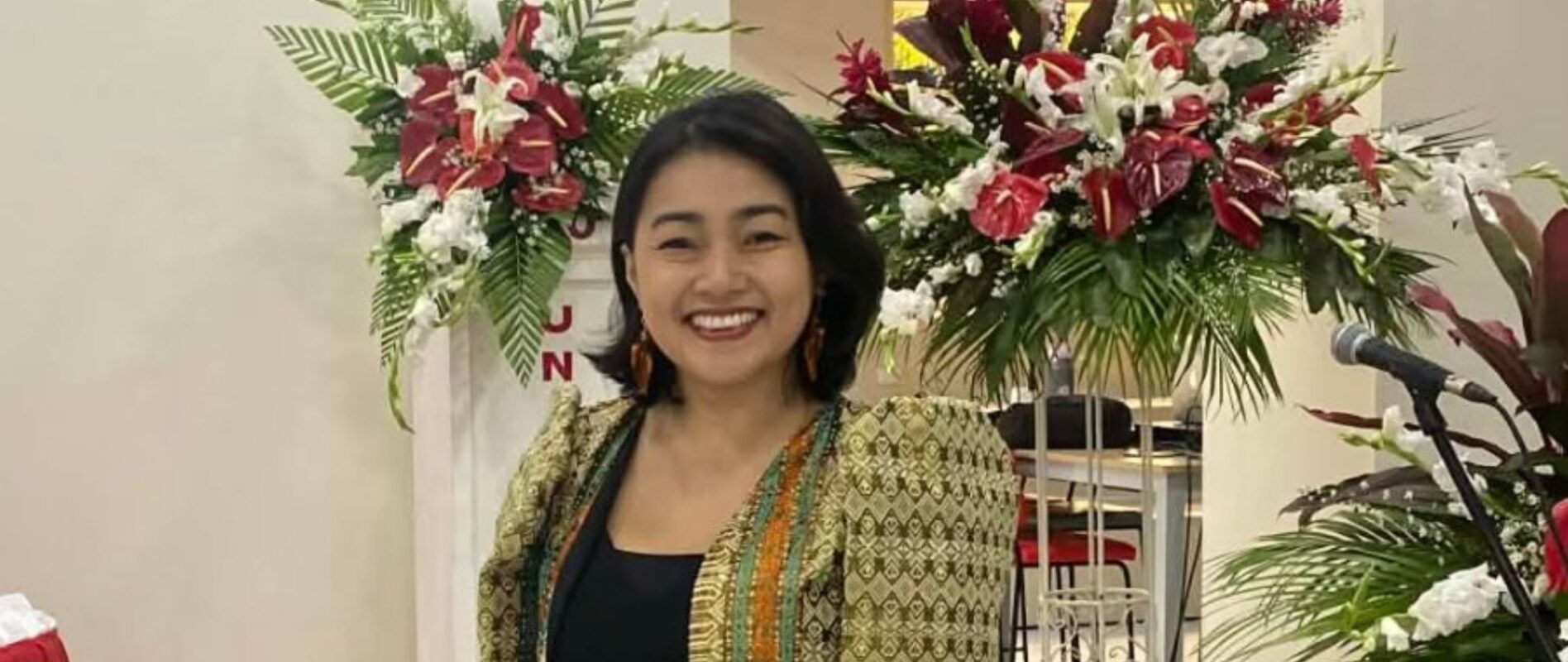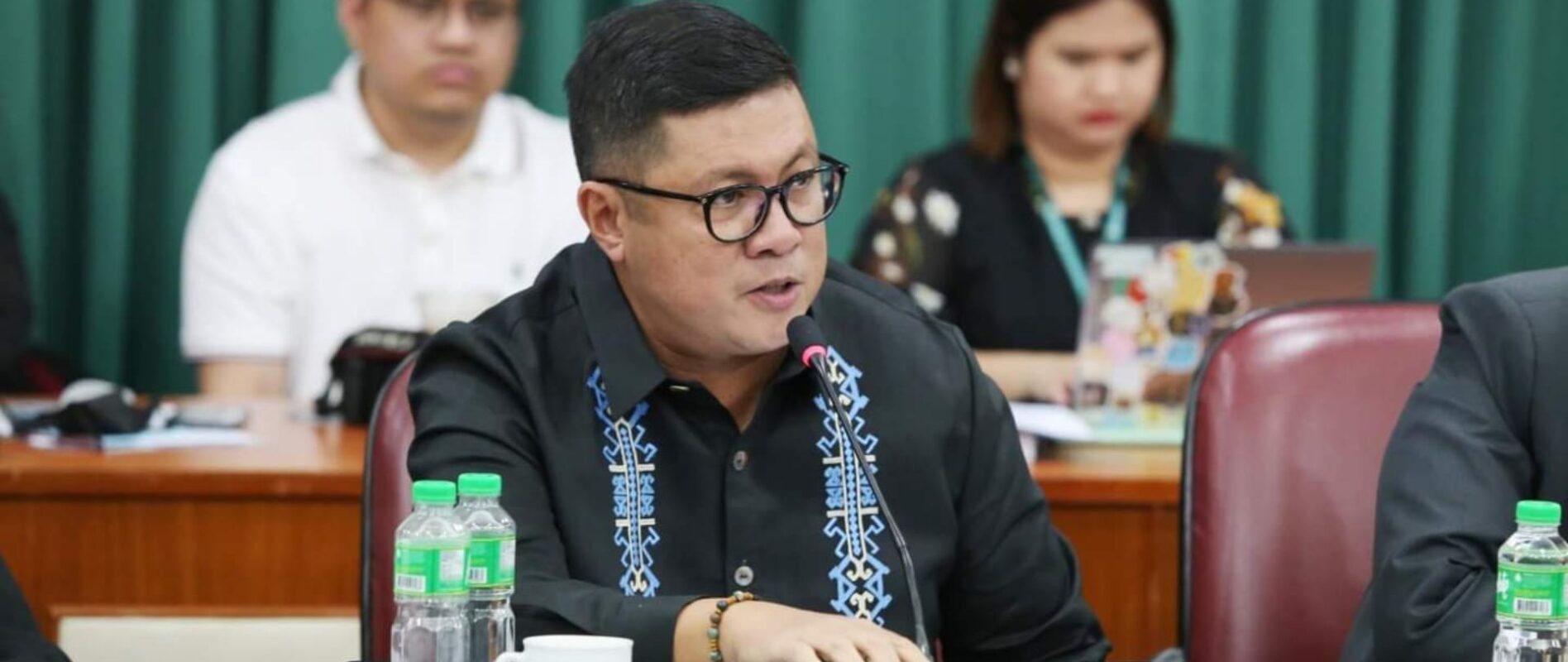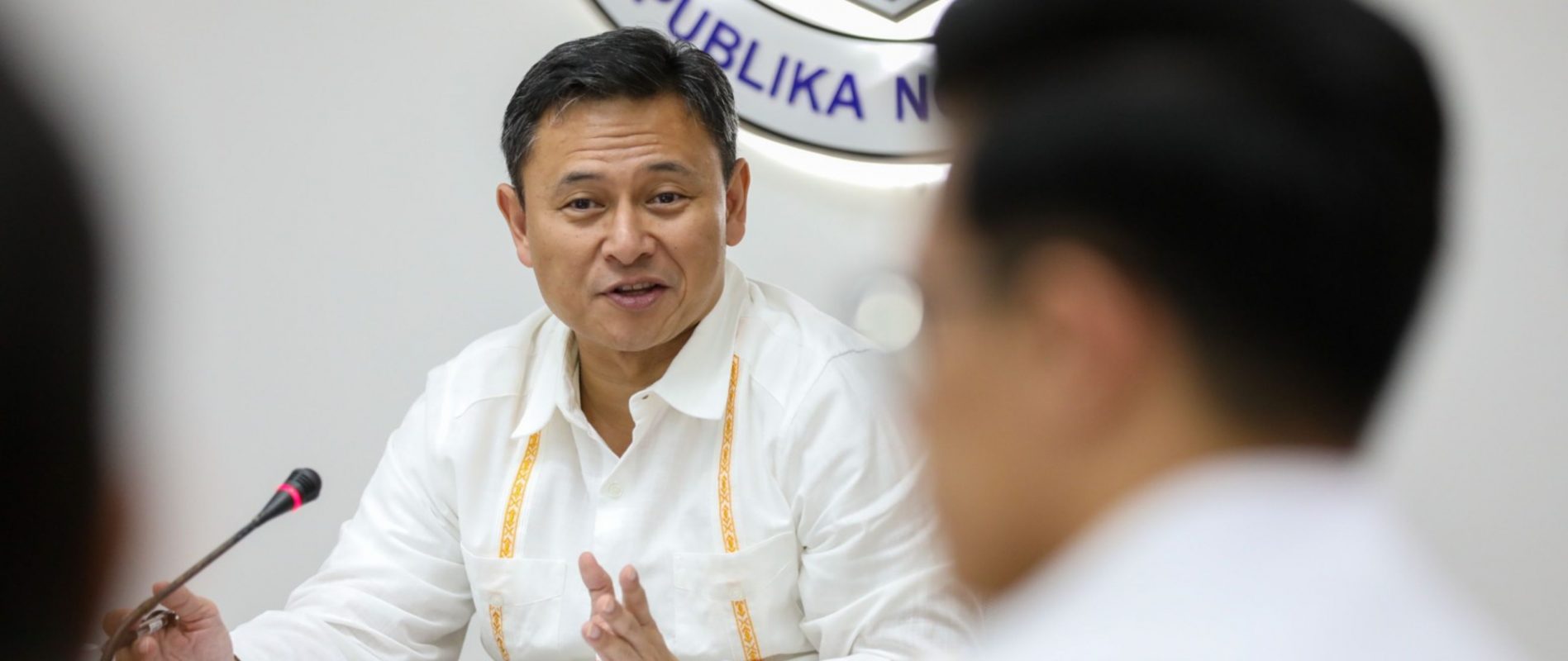UP TO TRAIN NEW BATCH OF SATELLITE BUILDERS
THE UNIVERSITY of the Philippines is set to train a new batch of satellite builders under its Space Science Proliferation through the University Partnerships Program as the country continues to strengthen its space technology program.
Eight STeP-UP scholars will hone their skills under the Masters in Electrical Engineering program which focuses on nanosatellite engineering at the University’s Electrical and Electronics Engineering Institute.
The STeP-UP Scholarship is a component of the Sustained Support for Local Space Technology and Applications Mastery, Innovation and Advancement, the Philippine government’s space technology program which aims to develop microsatellites.
The new scholars will follow the pioneer batch who developed the country’s first locally built nano- or cube satellites, Maya 3 and 4, with the help of UP’s partner Kyushu Institute of Technology.
UP College of Engineering Dean Ferdinand Manegdeg said the satellites could contribute considerably to the country’s economic, territorial, and disaster risk reduction efforts.
“Though it is very much smaller than its predecessors, its importance to communication and disaster related concerns is not diminished. Saying that these nanosatellites are essential to the economy is an understatement,” Manegdeg said.
He added that photographs taken by these smaller satellites can be used by policymakers and stakeholders to craft policies that will impact the environment.
The pioneering class of STeP-UP scholars are in the process of finishing their degrees.
Meanwhile, the second batch will be applying their knowledge to launch Maya 5 and Maya 6 which is set to be finished in 2022.














